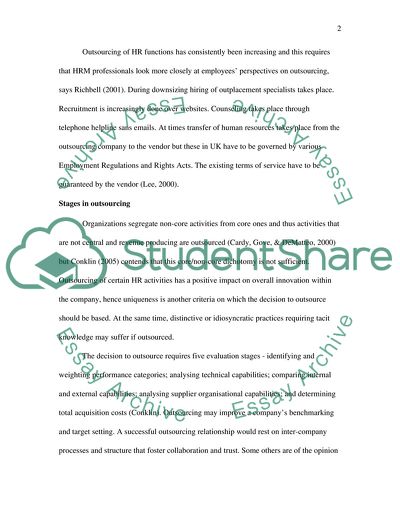Cite this document
(Outsourcing in Human Resource Management Essay Example | Topics and Well Written Essays - 3000 words, n.d.)
Outsourcing in Human Resource Management Essay Example | Topics and Well Written Essays - 3000 words. https://studentshare.org/human-resources/1705954-literature-review-on-hrm
Outsourcing in Human Resource Management Essay Example | Topics and Well Written Essays - 3000 words. https://studentshare.org/human-resources/1705954-literature-review-on-hrm
(Outsourcing in Human Resource Management Essay Example | Topics and Well Written Essays - 3000 Words)
Outsourcing in Human Resource Management Essay Example | Topics and Well Written Essays - 3000 Words. https://studentshare.org/human-resources/1705954-literature-review-on-hrm.
Outsourcing in Human Resource Management Essay Example | Topics and Well Written Essays - 3000 Words. https://studentshare.org/human-resources/1705954-literature-review-on-hrm.
“Outsourcing in Human Resource Management Essay Example | Topics and Well Written Essays - 3000 Words”. https://studentshare.org/human-resources/1705954-literature-review-on-hrm.


